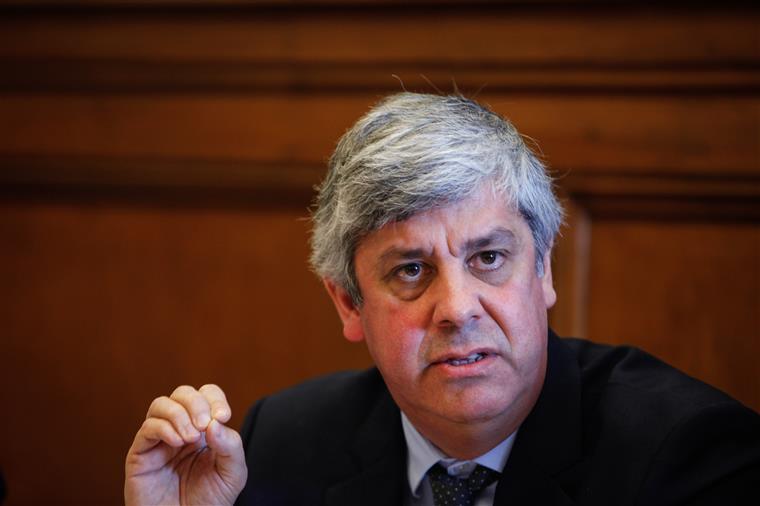Portuguese banks, for now, have escaped unscathed from the effects of the pandemic. Caixa Geral de Depósitos, BPI, Santander Totta, novobanco, BCP – earned more than $1 billion in the first nine months of the year. The pandemic crisis, endowment enforcement and provisioning still allow financial institutions to make nearly four million a day. However, defaults still cloud the financial system, particularly with regard to businesses. Despite the fact that the Governor of the Bank of Portugal referred to the “extraordinarily positive effects”, as a result of implementing this measure and referring to a “very low” number of corporate bankruptcies, he acknowledged that “we must appreciate”.
An issue that acquires even greater importance when the total amount of credit from distressed companies – totaling 2707 million euros, according to the latest data, corresponds to 3.6% of the total credit to this sector – the majority (51, 3%) is concentrated in the sectors most affected by the crisis.
In addition to companies, it is also necessary to rely on individuals. And, as was already brought up by Sunrise, the real headache starts at the beginning of the year. The explanation is simple: Credits covered by this action cannot be subject to legal action for 90 days after its end. “These ninety days expire in December, so only in January will there be an idea of who is unable to fulfill the contract, and then the banks can pass more stringent measures, such as foreclosures,” resulting from the amendment to by Decree 227/2012, I had already confirmed to our newspaper, Natalia Nunes, Director of the Financial Protection Bureau (GPF) in Deco.
For officials, the prospects are not encouraging. “In 2022, we could see an increase in non-compliance, as families face enforcement action and lose their homes and as more families resort to insolvency proceedings with consequent loss of home,” he even admitted to our newspaper.
Integration will be an inevitable step
In the face of these potential damages, the financial system will have to take major steps toward mergers, as has been the case across Europe. Mario Centeno already recognized this scenario when he argued that mergers and acquisitions are the “natural” next step for Portuguese banks, which are under pressure from record low interest rates. And the obstacles did not stop there. The Governor of the Bank of Portugal also noted that while European banks have been betting on restructurings, the national financial system has “tried very hard to cut bad debts and boost capital ratios”.
And he went further: “There are banking institutions selling taking place in Portugal, and this is a way to get that kind of merger, and there are strategies that I think converge between banks and can lead to these phenomena” and added that “mergers are a market phenomenon, and it should result from Market developments should be viewed naturally”, and as such, he argues, are “more likely in markets where there are negative shocks to bank profitability”.
For the official, there is no room for doubt: «It is the market’s response to the need for gains and synergies between institutions when they are united».
The Montepio purchase was discussed by BCP, but rejected by the two financial institutions. But a new year, a new life.

“Wannabe internet buff. Future teen idol. Hardcore zombie guru. Gamer. Avid creator. Entrepreneur. Bacon ninja.”

